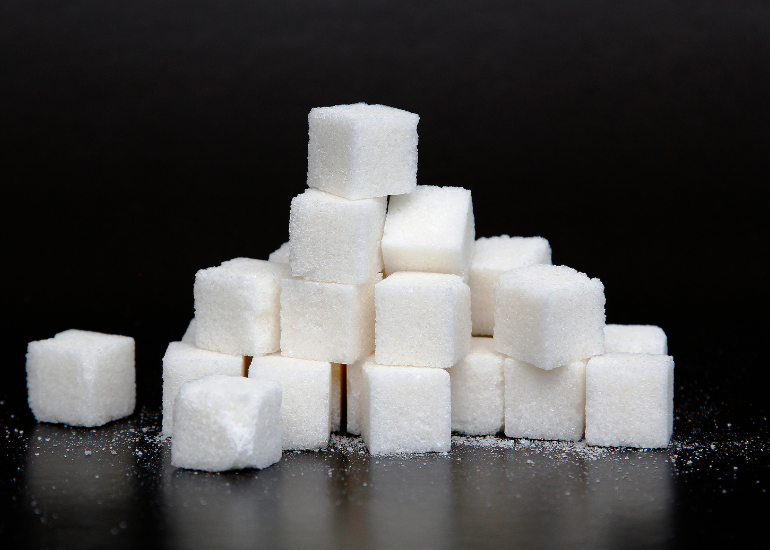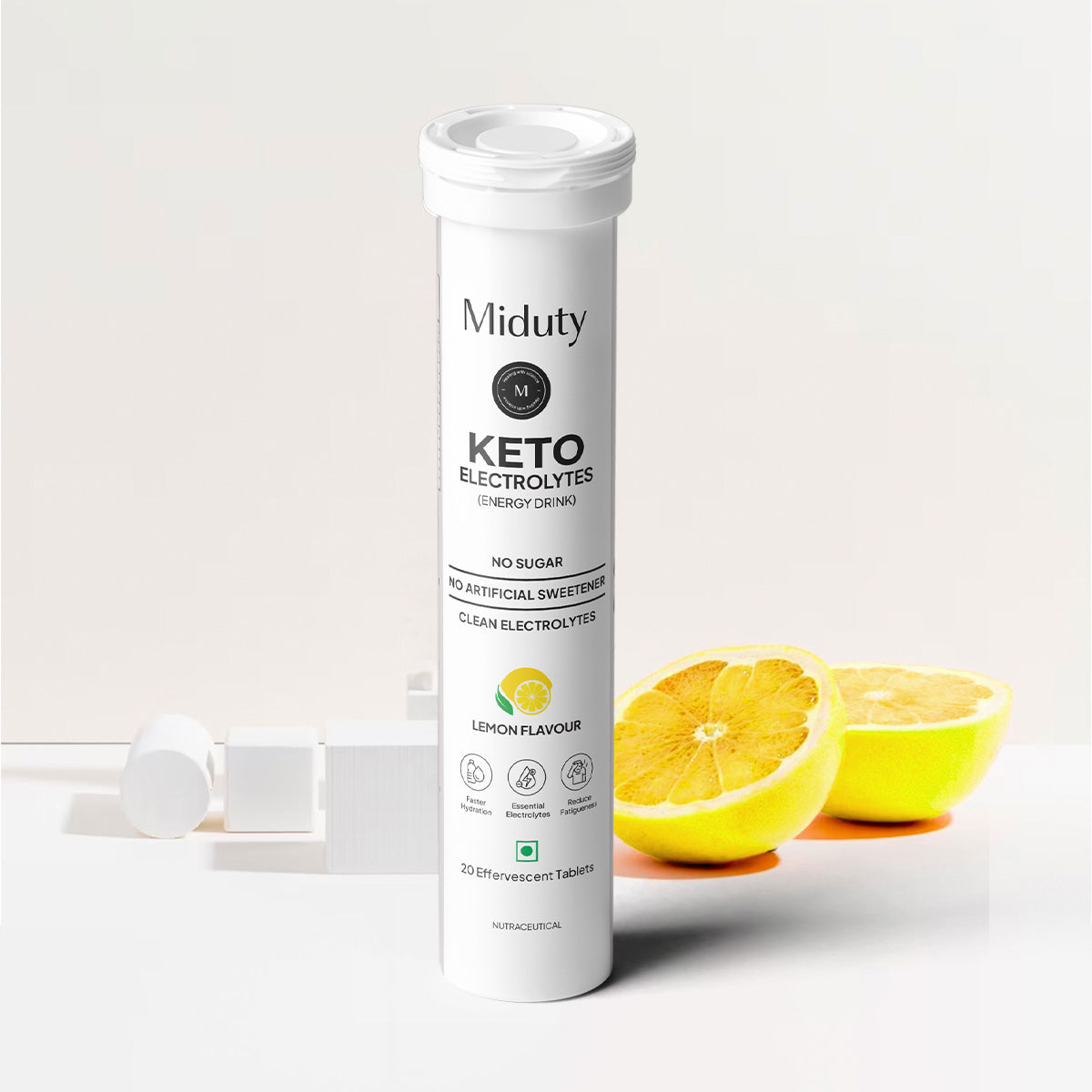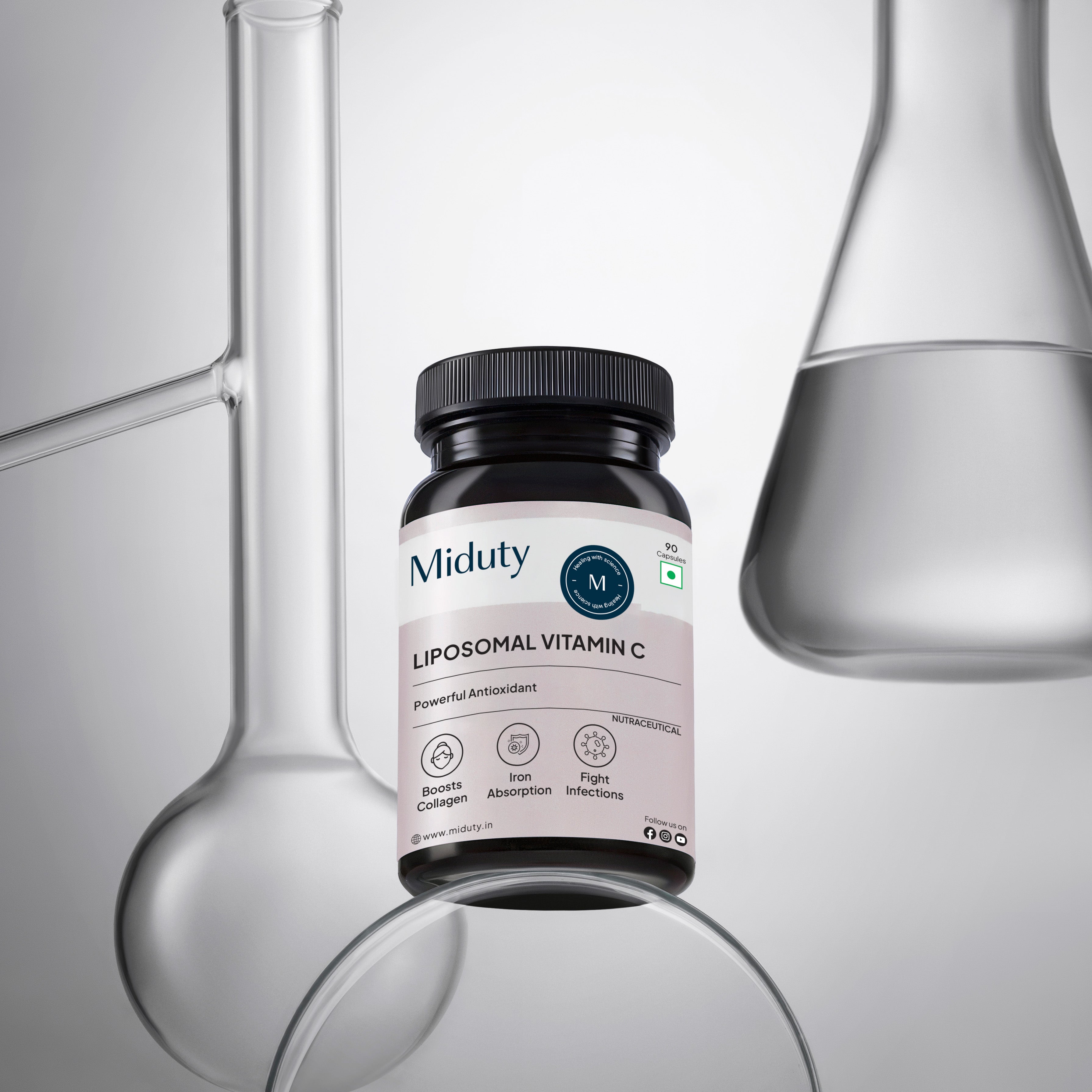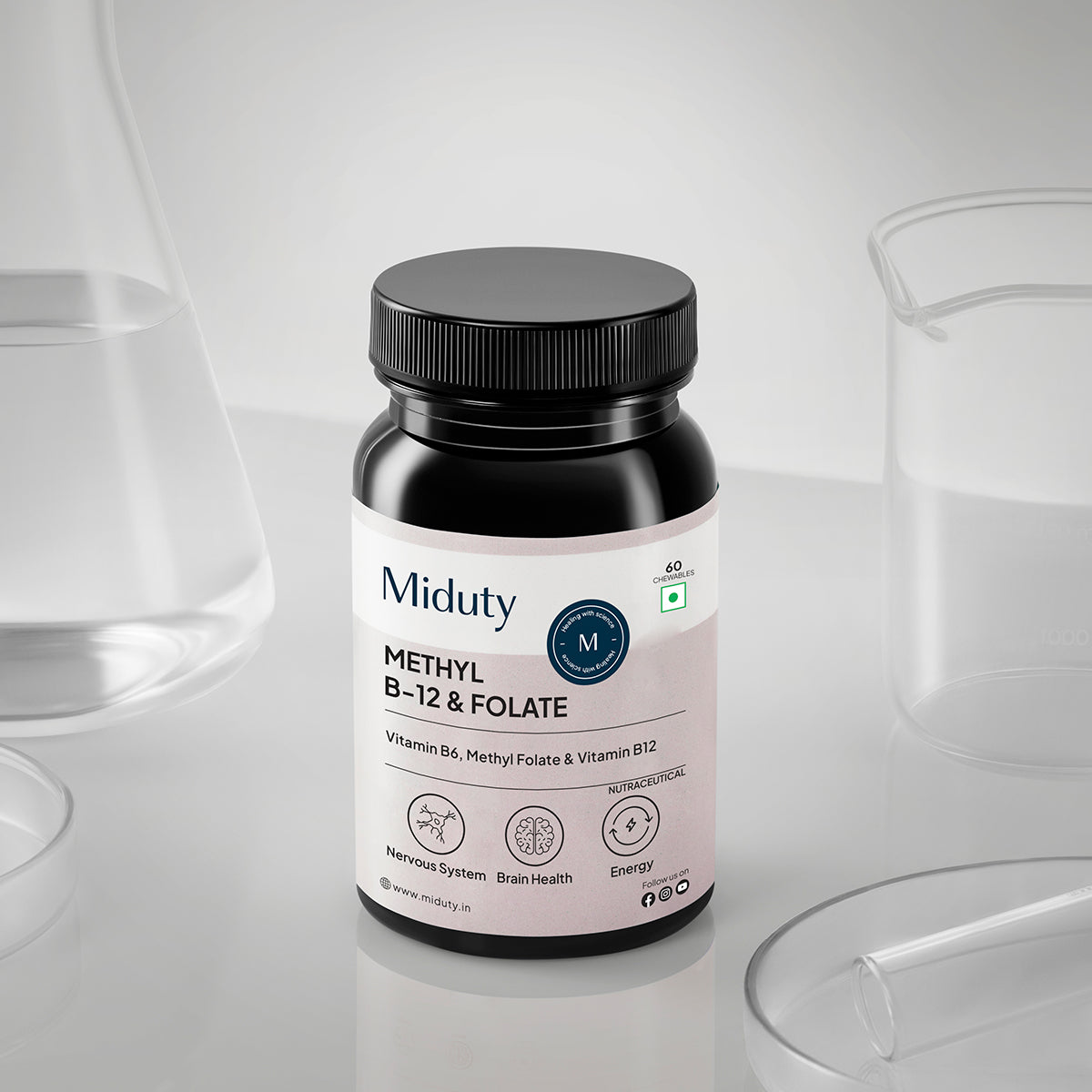
No More Sugar Traps: How to Stay Hydrated Wisely After FSSAI’s ORS Drinks Ban
Ever picked up a brightly-packaged sports or electrolyte drink, hoping it would rehydrate you, only to feel worse afterward? Or hesitated about what to give your kids during diarrhea or after intense activity? All of these concerns are valid. India is facing a critical moment when it comes to hydration.
In October 2025, the FSSAI made a major public-health move. It banned the use of the term "ORS" (Oral Rehydration Solution) (or any prefix/suffix) on any food or beverage unless the product actually meets the strict formulation standards set by the World Health Organization. [1]
The reason behind this was that several seemingly innocent "hydration" or "electrolyte" drinks were being marketed (even in pharmacies) as ORS substitutes but contained very high sugar far beyond what genuine ORS solutions call for.
This ban is a wake-up call for anyone who reaches for a "sports drink", "rehydration drink", or "electrolyte beverage," thinking they're making a healthy choice. Here's why this matters and, more importantly, how you can stay hydrated wisely, without falling into sugar-traps.
Why the FSSAI ban on Fake ORS Drinks?
- On 14 October 2025, FSSAI issued an advisory stating that the use of "ORS" on fruit-based, non-carbonated or ready-to-drink beverages is false/misleading under the Food Safety & Standards Act.
- The term ORS stands for "Oral Rehydration Salts" (or solutions), originally a medically-approved mix, used especially in diarrhea, dehydration, heat-loss of fluids, etc. [2]
- Over the years, many beverage companies marketed fruit-based, flavored "electrolyte" or "rehydration" drinks, using names like "ORSL", "Hydra-ORS", etc., while their formulations were far from medically appropriate. FSSAI had already flagged this in 2022. [3]
- Many such drinks were very high in sugar (reports show ~110-120 g sugar per liter, compared with ~13.5 g sugar per liter in WHO-approved ORS) and had lower or inappropriate electrolytes. [1]
- Using a sugary drink instead of proper ORS can worsen dehydration, especially in children (via high osmolarity, raising wrong sodium-sugar ratios, etc. [2]
Choosing a Hydration Drink: Here's what you must know.

1. Sugar content
- Check grams of sugar per serving / per 100 ml.
- High sugar = energy surge, but also calorie load, insulin impact, and maybe dehydration rebound for sensitive individuals.
2. Electrolyte balance
- Key electrolytes: Sodium, Potassium, Magnesium, Calcium.
- For athletes or keto/low-carb folks, especially, maintaining sodium/potassium is useful.
3. Added ingredients/claims
- Are there artificial flavors, colors, or sweeteners?
- Is the drink marketed as "hydration solution" vs "sports drink" vs "energy drink"? The distinction matters.
4. Suitability for your goal
- If you are rehydrating after diarrhea/illness, you need proper ORS or a clinically verified formula.
- If you are hydrating after workout, travel, air-conditioning, or on keto → sugar may be optional or unwanted.
- If you are managing weight/diabetes, lower sugar is often better.
5. Misleading marketing
- Terms like "rehydration", "electrolyte plus", "ORS style" can be marketing devices.
- The FSSAI ban reminds us: the word "ORS" now has to mean a proper formulation unless it's removed.
6. Know your situation
- If you're lightly sweaty after a walk or light workout, then water + a light snack may suffice.
- If you've had heavy sweating, vomiting/diarrhea, prolonged sun/heat exposure, or intense training, you may need electrolytes and careful fluid balance. Reach for actual WHO-recommended ORS sachets.
7. Choose low/zero sugar electrolyte drinks when appropriate
- Especially if you're diabetic, overweight, or following a low-carb or keto plan.
- Or if you simply want hydration without extra sugar load use verified formulations or products with clean electrolytes having a blend of high-strength minerals with no artificial sweeteners.
8. Home solutions still work
- For mild dehydration due to sweat, heat: water with a pinch of Himalayan Pink salt + small amount of sugar + lemon works.
- But for major fluid/electrolyte loss (illness, long workouts), choose a scientifically balanced option.
Practical Hydration Tips for Everyday Situations
1. Hydrate before you feel thirsty
- Thirst is often a late signal. Especially in AC or dry environments (common in Indian offices, cars, flights) your fluid loss is often slow, unnoticed.
2. Use the right drink for the right scenario
- After heavy diarrhea or illness: use a medically approved ORS sachet.
- After exercise/travel: drink water + moderate electrolyte drink (check sugars) or water + light snacks.
- During keto/low-carb: your sodium/potassium needs go up (because insulin <→ sodium excretion). A low-sugar electrolyte drink helps.
- In humid/AC environments: plain water is fine; consider light electrolytes if you're sweating or have symptoms (headache, muscle cramps).
3. Read the label
- Look for sugar (g) per serving; aim for single-digit grams or completely sugar-free drinks or the one which use sorbitol or stevia as a sweetener if you are managing weight or carbs.
- Look for sodium (mg) and potassium (mg); if these are missing, ask why.
- Avoid: "hydrates you fast", "ORS style", "mega electrolytes" without specification.
4. Avoid substituting sugary sports/refreshment drinks for hydration
- Many fizzy/fruit/flavored "sports" drinks are essentially sugar water with marketing. They may provide quick calories but not optimal hydration in many cases.
5. Keep water handy
- No drink replaces water. Use electrolyte drinks in addition to water when your situation demands it don't treat them as complete replacements unless labeled for that purpose.
Which Clean Electrolyte Drink should you consider?
In a market full of "hydration" and "energy" drinks overloaded with maltodextrin, fructose, artificial colors, and nature-identical flavors, a genuinely balanced electrolyte formulation is rare.
Most products rely heavily on sugar to create the perception of energy, but high sugar actually disrupts fluid balance and slows true hydration.
Reach out to Miduty clean electrolytes blend that uses high-strength essential minerals like Sodium Citrate, Magnesium Citrate, Di-Potassium Phosphate, Calcium Citrate, Zinc Citrate, and Phosphorus Aspartate, supported by Himalayan pink salt and natural Vitamin C sources (Ascorbic Acid + Amla Extract).
Together, these may help in:
- Maintaining pH and electrolyte balance
- Improved muscle function and recovery
- Reduced fatigue and dizziness
- Optimal nerve and heart activity
Unlike many commercial electrolyte or "ORS-style" beverages, Miduty naturally sweetened electrolytes use safe alternatives like Sorbitol and Stevia to keep it suitable even for those following low-carb or ketogenic lifestyles.
Whether it's long work hours in air-conditioning, intense workouts, or travel fatigue, this drink delivers hydration without the sugar crash.
When the goal is sustained energy, faster recovery, and balanced hydration without the sugar trap, Miduty Keto electrolyte formulation simply makes more sense.
Conclusion
The FSSAI's recent crackdown is a wake-up call that not every drink claiming "rehydration" or "electrolytes" is safe, especially when sugar is hidden. Some brands that used the term "ORS" (or similar) were found to contain very high sugar, misleading consumers, and posing health risks. While that regulation focuses more on children/illness, and misuse of medical terms, the broader message is clear: choose your hydration smartly.
If you want hydration without the sugar-trap, especially for everyday use, sports, low-carb/keto lifestyle, then a product like Miduty Keto Electrolytes becomes a sensible option. It doesn't rely on sugar loading; instead offers a more controlled hydration approach.
References














